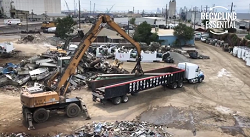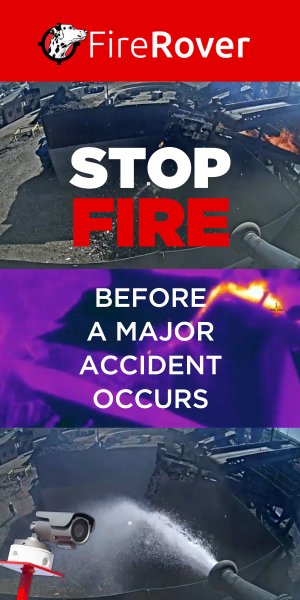On Tuesday, June 21, the Recycling and Composting Accountability Act (RCAA) was introduced in the U.S. House of Representatives by Reps. Joe Neguse, D-Colo., Tim Burchett, R-Tenn., and Bill Foster, D-Ill. RCAA would direct the U.S. Environmental Protection Agency (EPA) to collect recycling and composting data from materials recovery facilities (MRFs) and curbside collection programs in all 50 states. The bill is led in the U.S. Senate by Sens. Tom Carper, D-Del., Shelley Moore Capito, R-W.Va., and John Boozman, R-Ark.
“It’s important to understand how successful the different recycling programs are before making policy decisions,” explains Billy Johnson, ISRI’s chief lobbyist. “Collecting data on recycling and composting programs around the country will help legislators get the information they need to make good policy decisions.”
Specifically, the bill would:
- Identify National Composting Infrastructure Challenges; requiring the EPA to work with state, local, and Tribal governments to assess the capability of the United States to implement a national residential composting strategy.
- Improve Recycling Data Measurement and Reporting; creating a comprehensive baseline of data on the U.S. recycling system.
- Assess End Markets and Diversion; directing the EPA to prepare a report on the end market sale of all recyclable materials and compostable materials collected from households and publicly available drop-off centers.
- Evaluate Federal Recycling Practices; asking the Government Accountability Office (GAO) to examine the recycling practices across the federal government and issue a report that documents the annual recycling rates of federal agencies.
- Establish Recycling and Composting Best Practices; using improved data collection and reporting, the RCAA would establish voluntary guidelines for state, local, and Tribal governments to enhance recycling and composting efforts.
Like the Senate version, this bill tackles a vital issue for the recycling industry—laying out ISRI’s definitions for “recycling,” “recyclable,” and “MRF” for the first time in U.S. statue. ISRI was able to get those definitions incorporated into the Senate bill and those terms are included in the House version as well.
“These terms have never been properly defined in a law or regulation before,” Johnson says. “When you’re writing a bill that concerns recycling and composting, the first thing you need to do is explain recycling. So, what is it? Well, it’s about processing materials, but then you need to take a step back and define processing. Okay, you’ve done that, but what are you processing? Now you need to define what recyclable materials are. These terms are very important to make a bill work.”
Now that the bill has been introduced, ISRI intends to help it move forward as well as its counterpart in the U.S. Senate. The House Energy & Commerce Committee intends to hold a hearing on June 30 to discuss recycling and the RCAA bill. ISRI will keep members updated on any changes.
Additional Resources













